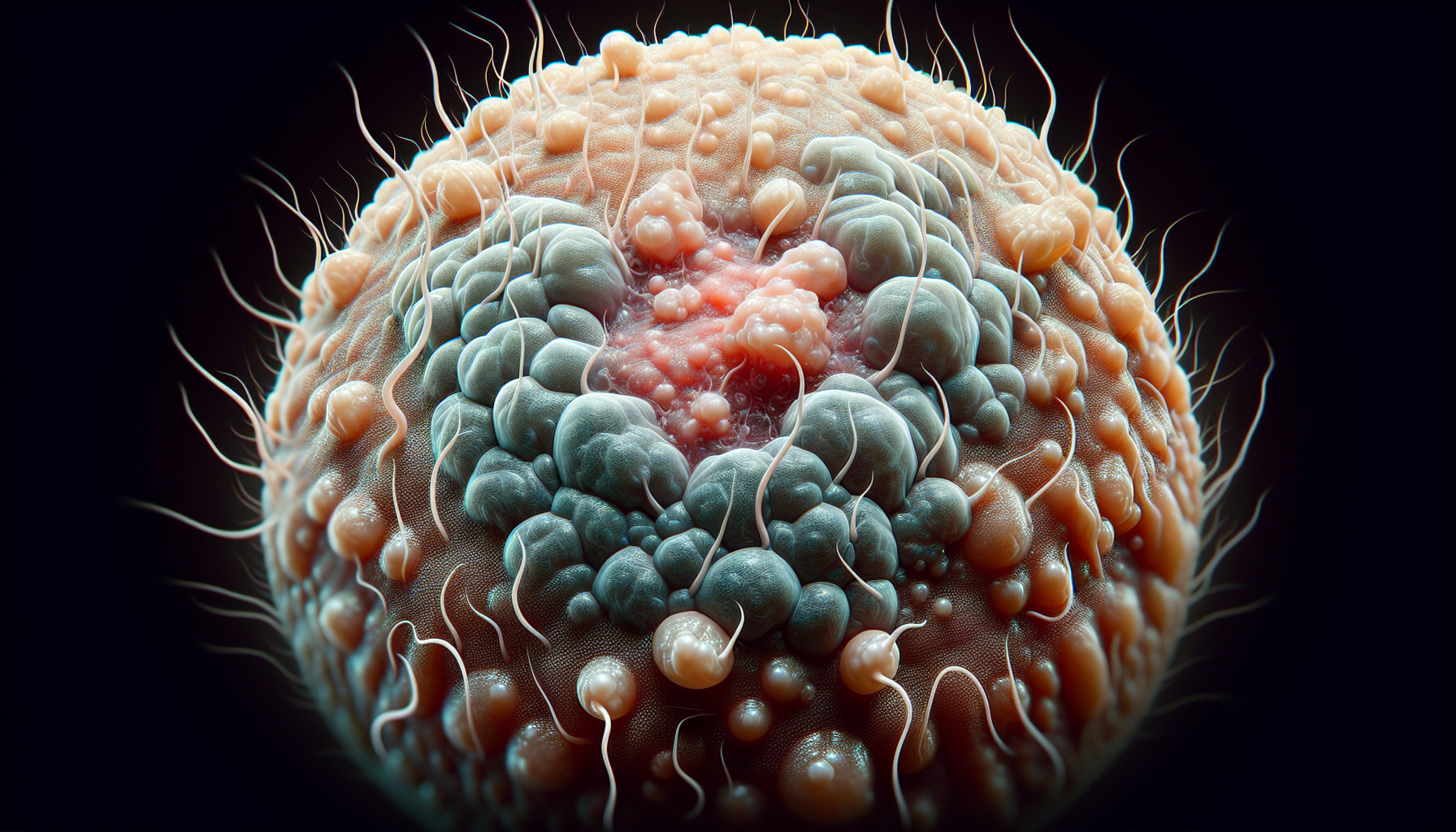Acne breakouts can be frustrating and, at times, downright embarrassing. It seems like they have a knack for appearing at the most inconvenient moments, leaving you feeling self-conscious and desperate for a solution. But have you ever wondered how these pesky breakouts actually begin? Understanding their origins is the first step towards combating them effectively and achieving clear, healthy skin. In this article, we’ll explore the common causes behind acne breakouts and shed some light on the mystery behind their inception. Get ready to bid farewell to those unwelcome blemishes as we uncover the secrets of acne breakouts.
Overview
Acne breakouts can be frustrating and even distressing, but understanding the factors that contribute to them can help you take control of your skin. Several key factors play a role in the development of acne, including hormonal changes, excessive oil production, clogged hair follicles, and bacterial infections. By learning about these factors and implementing healthier habits, you can work towards achieving clearer, healthier skin.
Factors Contributing to Acne Breakouts
Hormonal Changes
Hormonal changes are one of the primary culprits behind acne breakouts. During puberty, the body undergoes significant hormonal fluctuations, which can stimulate the sebaceous glands to produce more oil. This excess oil, combined with dead skin cells, can clog the hair follicles and lead to the development of acne. Additionally, hormonal changes associated with menstruation, pregnancy, polycystic ovary syndrome (PCOS), and hormonal imbalances can all trigger acne breakouts.
Excessive Oil Production
Excessive oil production, also known as sebum, can contribute to the formation of acne. The sebaceous glands, which are found in the skin, produce sebum to keep the skin lubricated. However, when these glands produce an excessive amount of sebum, it can mix with dead skin cells and bacteria, leading to clogged pores and acne breakouts.
The Role of Clogged Hair Follicles
Clogged hair follicles are another factor that can contribute to acne breakouts. Hair follicles are small openings in the skin where hair grows from. When dead skin cells and excess sebum accumulate within these follicles, they can become clogged, creating the perfect environment for bacteria to thrive. This can result in inflammation and the formation of acne lesions.
Bacterial Infection
Bacterial infection plays a significant role in the development of acne. The bacteria responsible for acne, known as Propionibacterium acnes, is naturally found on the skin. However, when the hair follicles become clogged and the environment becomes favorable, these bacteria can multiply rapidly, leading to inflammation and the formation of acne lesions.
Triggers for Acne Breakouts
While the above factors set the stage for acne breakouts, certain triggers can exacerbate the condition and lead to more frequent or severe breakouts. It’s important to be aware of these triggers and take steps to minimize their impact on your skin.
Poor Skincare Routine
Neglecting a proper skincare routine can contribute to acne breakouts. Failing to cleanse the skin thoroughly can allow dirt, oil, and sweat to accumulate, potentially clogging the pores. Additionally, using harsh or comedogenic products, skipping moisturization, and excessive scrubbing or picking at the skin can all disrupt the skin’s natural balance and contribute to acne breakouts.
High Sugar and Carbohydrate Diet
Dietary factors can also play a role in acne breakouts. Consuming a diet high in sugar and refined carbohydrates can cause blood sugar levels to spike, leading to increased insulin production. This can, in turn, stimulate the sebaceous glands to produce more oil, increasing the risk of acne breakouts. Additionally, certain studies suggest a potential link between dairy products and acne, although more research is needed to establish a definitive connection.
Stress
Stress can have a significant impact on various aspects of our health, including our skin. When you’re under stress, your body produces stress hormones such as cortisol. Elevated cortisol levels can trigger inflammation and increase oil production, both of which can contribute to acne breakouts. Finding healthy ways to manage stress, such as exercise, meditation, or engaging in hobbies, can help reduce the risk of breakouts.
Environmental Factors
Environmental factors, such as humidity and pollution, can also contribute to acne breakouts. High humidity levels can increase sweat production, leading to clogged pores. Pollution, on the other hand, can deposit particles and toxins onto the skin’s surface, potentially irritating the skin and triggering breakouts. It’s essential to cleanse the skin thoroughly and protect it from harsh environmental conditions to minimize the impact of these factors.
Certain Medications
In some cases, certain medications can contribute to acne breakouts as a side effect. These may include corticosteroids, hormonal contraceptives, and medications containing lithium or iodides. If you suspect a medication may be exacerbating your acne, it’s important to consult with your healthcare provider to explore alternative treatments or adjust your current regimen.
Conclusion
Understanding the factors contributing to acne breakouts, such as hormonal changes, excessive oil production, clogged hair follicles, bacterial infections, and triggers like poor skincare routine, dietary factors, stress, environmental factors, and certain medications, can help you take proactive steps towards clearer skin. By adopting a consistent and effective skincare routine, maintaining a balanced diet, managing stress levels, and protecting your skin from environmental factors, you can minimize the occurrence and severity of acne breakouts. Remember to consult with a dermatologist if you have persistent or severe acne to receive personalized guidance and treatment options. With dedication and patience, you can achieve healthier, clearer skin.
